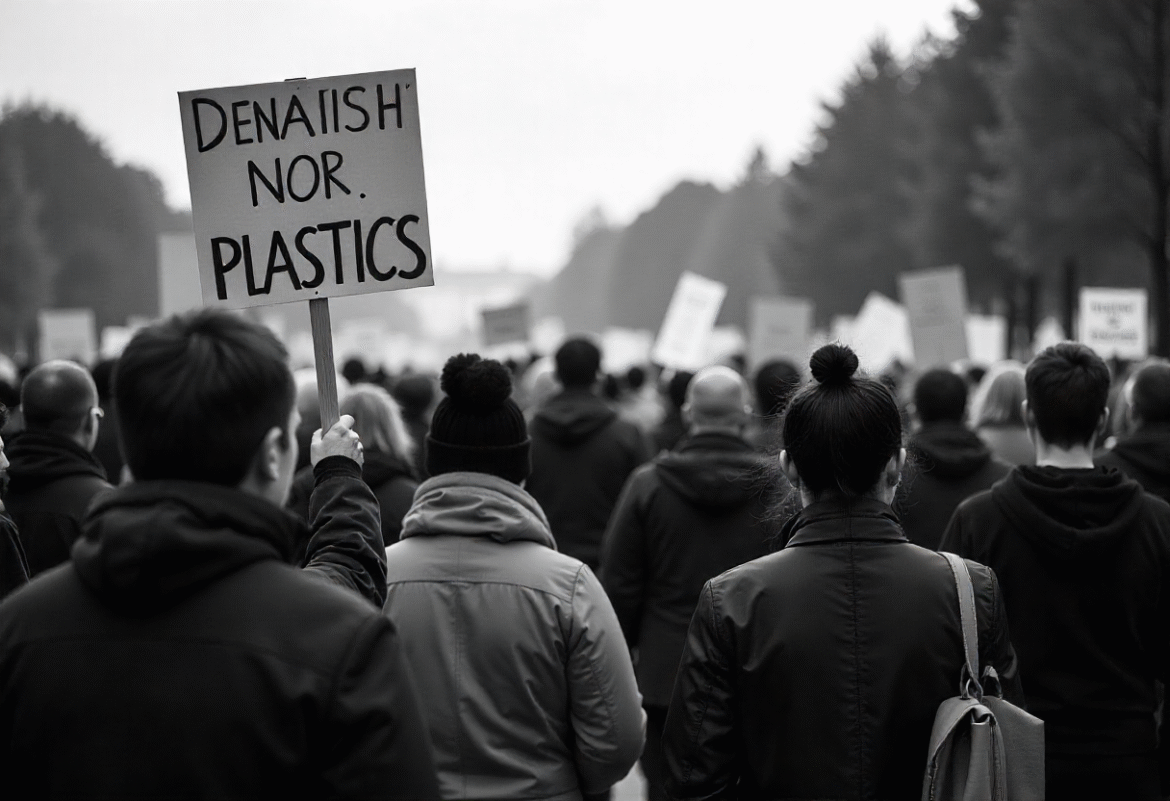Negotiations are underway in Geneva (August 5 to 14, 2025) for a long awaited global plastics treaty, aimed at tackling plastic pollution throughout its lifecycle from production to disposal. However, civil society groups and scientists are raising the alarm over deep industry influence, urging a formal ban on corporate lobbyists to preserve the integrity and ambition of the talks.(Wikipedia)
Why the Treaty Matters and What’s at Stake
This treaty is intended to be the first legally binding agreement addressing global plastics pollution globally, with support from more than 170 UN member states. It is expected to include binding caps on plastic production, restrictions on harmful chemicals, and policies to support reuse, refill, and sustainable packaging.(Wikipedia, The Times, The Wall Street Journal)
Yet progress has been derailed by fossil fuel producing countries notably Saudi Arabia, China, and Iran that prefer weaker measures focused on recycling over production limits.(The Wall Street Journal ,Globedge, Eco-Business) Escalating plastic pollution and toxic chemicals already impose a staggering health toll estimated at up to $1.5 trillion annually driving disease and premature deaths worldwide.(The Guardian)
Lobbyists Outnumbering Delegates
- At INC 3 in Nairobi and INC 4 in Ottawa, reports showed 143 to 196 registered fossil fuel and chemical lobbyists, outnumbering many small nation delegations and independent science groups.(Reddit)
- At INC 5 in Busan, industry blocs comprised the largest faction at the talks dwarfing civil society presence.(Greenpeace)
- Greenpeace’s July 2025 report Plastics, Profits and Power details how top producers like Dow, ExxonMobil, BASF, and Shell have collectively deployed dozens of lobbyists to undermine production cuts and shape policy in their favor.(Greenpeace)
Harassment, Misinformation, and Conflict of Interest
Campaigners describe a hostile environment where scientists and observers were intimidated, subjected to surveillance, and threatened with false accusations.(climatechangenews.com) CIEL’s Delphine Levi Alvares warned:
“Time and time again industry influence has blocked substantive progress We must course correct immediately to ensure that the plastics treaty is grounded in science and does not become a fossil fueled treaty.”(Reddit)
Greenpeace, IPEN, and Indigenous delegates have demanded serious conflict of interest rules and strict exclusion of lobbyists from negotiation rooms to protect transparency and ensure community voices are heard.(Break Free From Plastic)
The Scientists’ Coalition for an Effective Plastics Treaty a global network of 300 independent experts has consistently called for science based policymaking free from industry influence, and for accessible advice to delegates from lower income nations.(Wikipedia)

What Campaigners Are Demanding
- Ban industry lobbyists from the official negotiation and advisory processes.
- Conflict of interest safeguards for all participants.
- Ensure civil society, especially from frontline, Indigenous, and low‑income communities, has meaningful representation.
- Include binding caps on virgin plastic production and bans on harmful chemicals.(Financial Times)
These demands derive from mounting evidence that recycling is insufficient only around 9% of plastic is recycled and that without addressing production and chemical toxicity, pollution will continue escalating.(The Guardian)
A Decisive Moment in Geneva
As 170+ countries convene in Geneva, the window is open for a strong treaty or for further collapse into weak language heavily shaped by industry interests. Civil society alliances like Break Free From Plastic (BFFP) recently met in advance to strategize Asia Pacific positions and bolster unified demands for an equitable, binding treaty.(The Times of India)
Implications of Failure or Success
- A weak, industry dictated treaty risks locking in low ambition outcomes, allowing plastic production to continue spiraling and perpetuating health, environmental, and climate harms.(climatechangenews.com, The Mail & Guardian, The Guardian, reuters.com)
- A strong treaty could become a landmark global accord, restricting plastic production, banning harmful chemicals, reforming product design, and leveling the field for sustainable alternatives.(The Times)
Ultimately, campaigners say the stakes here are existential: if fossil fuel and petrochemical lobbyists shape the final text, the treaty may fail its mission. As Greenpeace puts it:
“We can’t allow the corporations who profit from plastic pollution to write the rules or we’ll end up with a toothless Treaty.”(Greenpeace)

